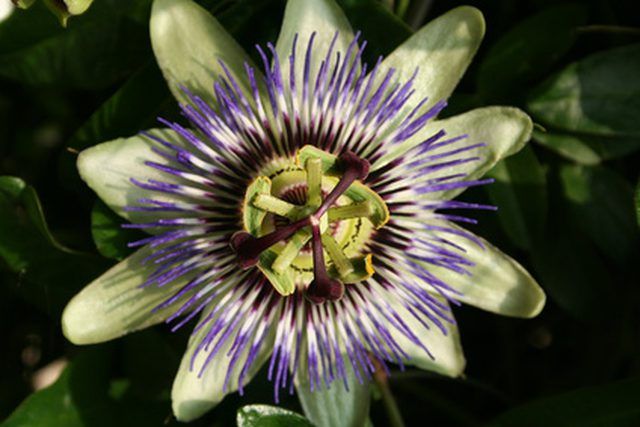Bulbs
Flower Basics
Flower Beds & Specialty Gardens
Flower Garden
Garden Furniture
Garden Gnomes
Garden Seeds
Garden Sheds
Garden Statues
Garden Tools & Supplies
Gardening Basics
Green & Organic
Groundcovers & Vines
Growing Annuals
Growing Basil
Growing Beans
Growing Berries
Growing Blueberries
Growing Cactus
Growing Corn
Growing Cotton
Growing Edibles
Growing Flowers
Growing Garlic
Growing Grapes
Growing Grass
Growing Herbs
Growing Jasmine
Growing Mint
Growing Mushrooms
Orchids
Growing Peanuts
Growing Perennials
Growing Plants
Growing Rosemary
Growing Roses
Growing Strawberries
Growing Sunflowers
Growing Thyme
Growing Tomatoes
Growing Tulips
Growing Vegetables
Herb Basics
Herb Garden
Indoor Growing
Landscaping Basics
Landscaping Patios
Landscaping Plants
Landscaping Shrubs
Landscaping Trees
Landscaping Walks & Pathways
Lawn Basics
Lawn Maintenance
Lawn Mowers
Lawn Ornaments
Lawn Planting
Lawn Tools
Outdoor Growing
Overall Landscape Planning
Pests, Weeds & Problems
Plant Basics
Rock Garden
Rose Garden
Shrubs
Soil
Specialty Gardens
Trees
Vegetable Garden
Yard Maintenance
Is Passion Vine Toxic to Pets?
Is Passion Vine Toxic to Pets?. Passion vines are members of the Passiflora genus and are also called passion flowers. They are tropical in origin and noted for grand, vibrant flowers. Grown outdoors to attract pollinators and add color or indoors as a houseplant, passion vines can pose a risk for pets.

Passion vines are members of the Passiflora genus and are also called passion flowers. They are tropical in origin and noted for grand, vibrant flowers. Grown outdoors to attract pollinators and add color or indoors as a houseplant, passion vines can pose a risk for pets.
Identification
Passion vines are climbing vines with bright flowers of a variable color. Colors range from whites to purples to reds. Some colors appear multiple times in one flower.
Toxicity
Passion vines are toxic to pets. They contain substances that create cyanide when broken down by the body. According to the Governor Animal Clinic in San Diego, California, pet owners should consider all parts of the passion vine plant toxic except for mature fruits.
Warning
If you think your dog or cat has eaten a passion vine and is suffering adverse effects, seek emergency veterinary care immediately.